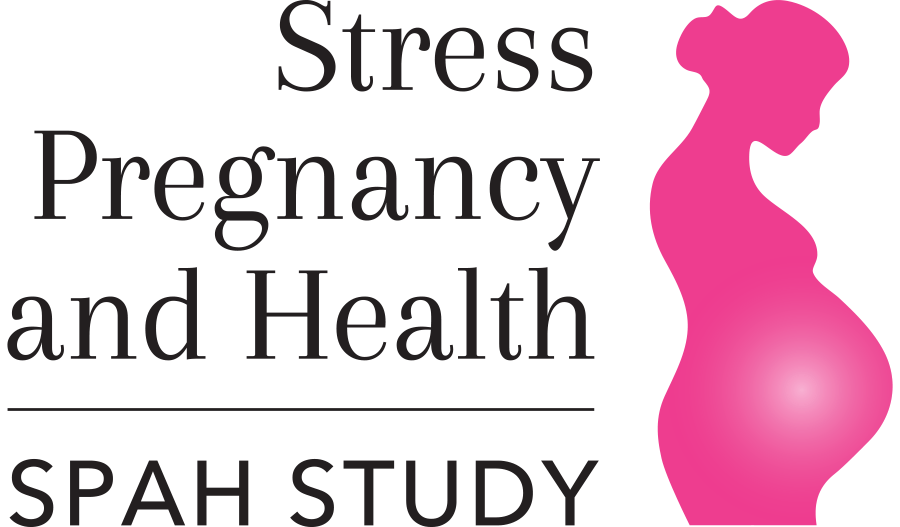Why is this research being done?
The purpose of this study is to better understand the role of placental inflammation and stress in pregnancy on early childhood growth and development.
To be eligible for this study
You must have completed at least one visit for the SPAH study.
Participation consists of
Remote sessions based on your child’s age that include online surveys, Zoom video observations, phone interviews, and optional language recordings to measure how much your child talks and is spoken to during a regular day.
Compensation
Up to $170 and 2 children’s books for your time and valuable contribution to important research!



Study Timeline

Infant Session (~16 months)
- Activities: Survey, interview, Zoom play activity, and optional language recording
- Total time: 2-2.5 hours
- Compensation: Up to $80 if all components are completed + a children’s book and toy

Check-in (~24 months)
- Activity: Survey
- Total Time: 15 minutes
- Compensation: $10

Toddler Session (~30 months)
- Activities: Survey, interview, Zoom play activity, and optional language recording
- Total time: 2-2.5 hours
- Compensation: Up to $80 if all components are completed + a children’s book and toy
Activities you will complete
Survey
These surveys measure your child’s achievement of developmental milestones, as well as questions about yourself and your family similar to the ones you completed in SPAH.
You will complete a survey at all three time points by using your mobile device.
Video Observation
You and your child will receive toys and a book to play with during a 45-minute Zoom video session where we will observe how you and your child play together.
You will complete the video observation at the infant and toddler time points.
Phone Interview
You will participate in a 1-hr phone interview about your experiences of stress and finances over the last year similar to the one you did in the SPAH study.
You will complete the phone interview at the infant and toddler time points.
Language recordings (optional)
You will have the option to conduct an audio recording with a special device we will provide that measures your child’s language interactions during a typical day at home.
You will complete the LENA at the infant and toddler time points.
What can we learn from the data being collected?
- Phone interviews, video observations, and surveys will give us information about your child’s growth and developmental progress.
- LENA technology measures children’s early language environments. It consists of a compact digital recorder held in the pocket of special clothing for the child to wear comfortably. It will provide a sample of the child’s language interactions at home.
- All this information will help us understand how stress during pregnancy influences children’s growth during pregnancy influences children’s growth and development so that we can inform policies and programs to support women and their families.
What does LENA consist of?
- The LENA is an optional portion of the study.
- The LENA is a small audio recorder that your child would wear for one entire day in a small vest.
- It will record your child for up to 16 hours as they go about their normal day.
- The LENA recording allows us the opportunity to see how kids learn and interact in the real world.
- In our sessions, we really only have the opportunity to see how your child interacts with you, but we think it is also important to understand how they may interact with other adults or children in their day-to-day activities.
Interested in Participating? Contact Us!
Northwestern University
Child Language Lab
Frances Searle Building, Rm 1-367
2240 Campus Dr
Evanston, IL 60208
Email: SPAHKIDS@northwestern.edu

Research Study title: Stress, Pregnancy, and Health (SPAH2) Kids IRB # EH19-213 Dr. Matthew M. Pellerite, NorthShore University HealthSystem, Department of Pediatrics
